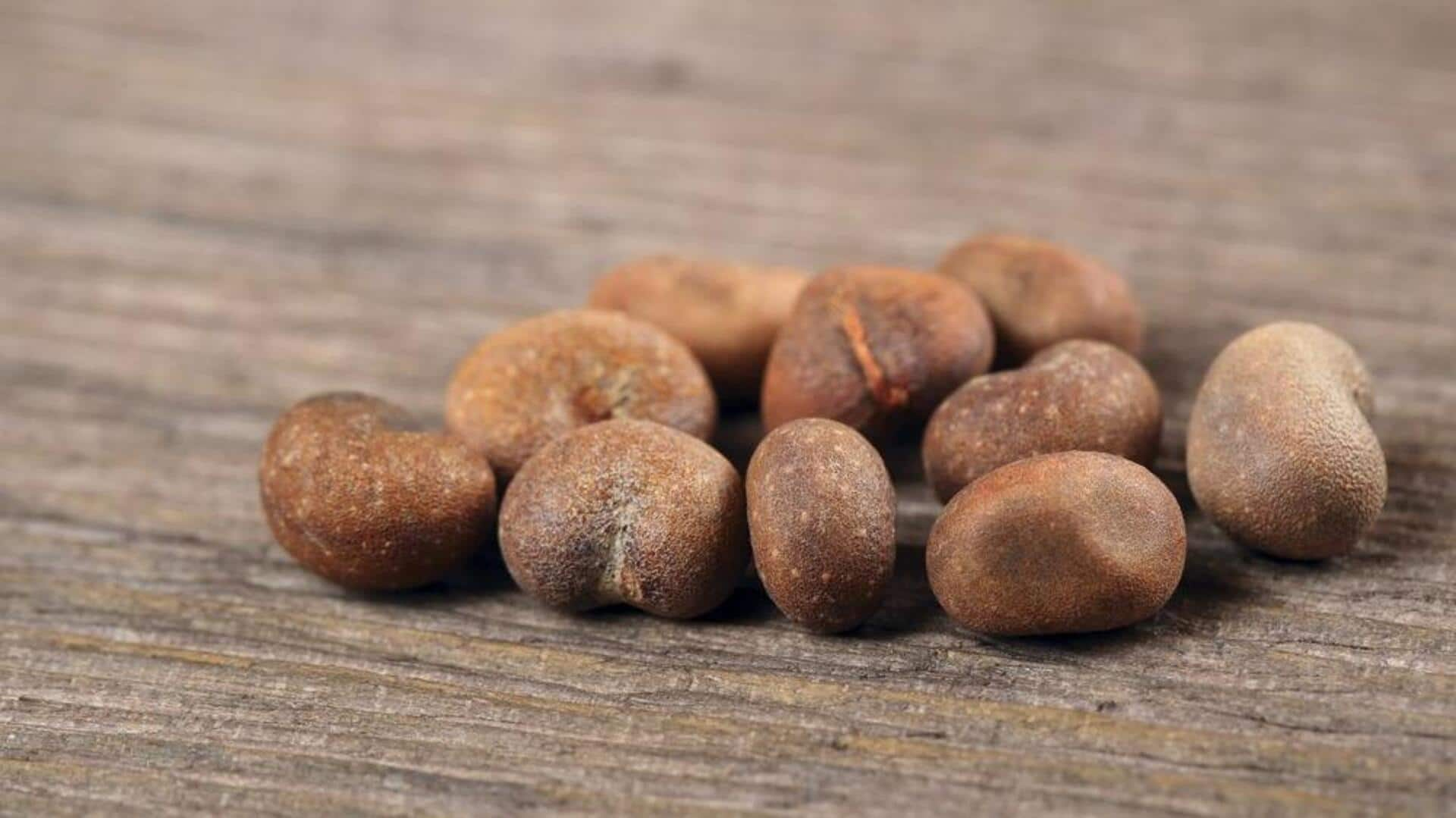
5 exotic African seeds you need to savor
What's the story
African seeds provide a unique insight into the continent's rich biodiversity and agricultural heritage. These seeds, which are often neglected, are nutrient-dense and have been used in traditional diets for centuries. They offer a sustainable source of nutrition and can be added to a range of dishes to enhance flavor and health benefits. Delving into these exotic seeds can introduce you to new culinary horizons and help promote sustainable agriculture practices.
#1
Baobab seeds: Nutrient powerhouse
Baobab seeds are derived from Africa's "tree of life"- the iconic baobab tree. They are packed with essential nutrients such as calcium, magnesium, potassium, and vitamin C. They can be powdered and added to smoothies or baked goods for an added nutritional punch. The high fiber content helps with digestion and keeps you pumped up throughout the day.
#2
Fonio: Ancient grain with modern appeal
Fonio, one of Africa's oldest cultivated grains, is loved for its quick cooking time and versatility. Since it's gluten-free and has a low glycemic index, it's perfect for those on restricted diets or with diabetes. Fonio is also packed with amino acids such as methionine and cysteine, which are not easily found in other grains. It can serve as a base for salads or as rice/quinoa alternative.
#3
Tiger nuts: A sweet snack option
Small tubers, tiger nuts have been eaten in Africa for centuries as food and medicine. Although they are called tiger nuts, they aren't nuts at all but root vegetables. Tiger nuts are rich in fiber, healthy fats, vitamins E and C, iron, zinc, potassium, magnesium, phosphorus, and protein content, making them an ideal snacking option. They also have prebiotic properties that help maintain gut health by promoting good bacteria growth.
#4
Bambara groundnuts: Protein-rich legume
Though Bambara groundnuts belong to the legume family, they differ from common beans in being drought-resistant. This makes them ideal crops under extreme conditions where water scarcity prevails. Bambara groundnuts are significantly rich in protein along with essential amino acids like lysine, methionine, and tryptophan. They can be boiled, fried, toasted, pounded into flour form to prepare nutritious meals (soups, pastes, breads, cakes, etc.) while aiding food security efforts across climate-challenged regions globally.